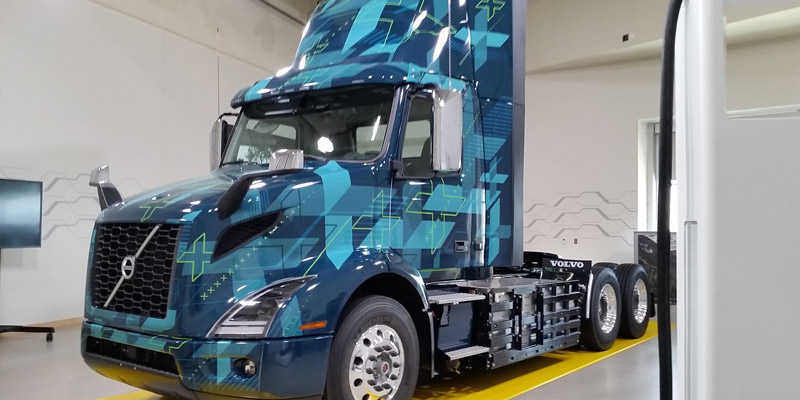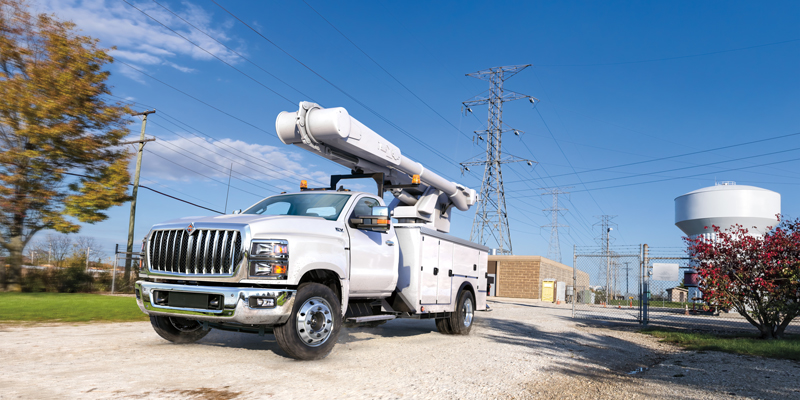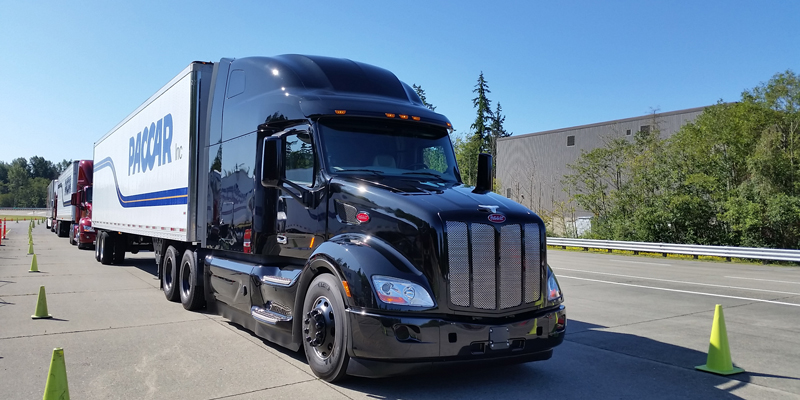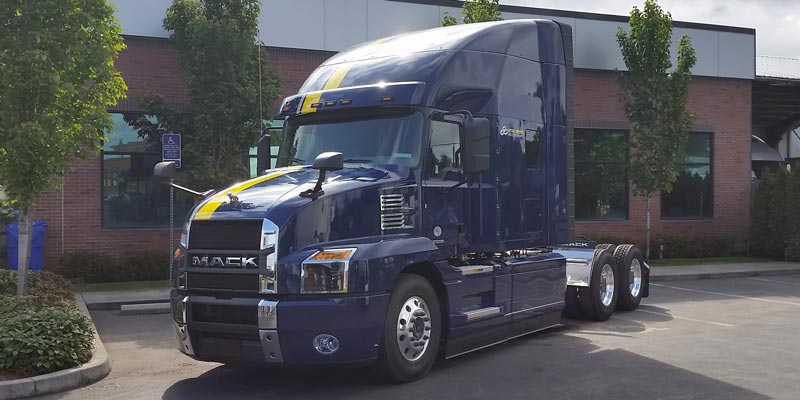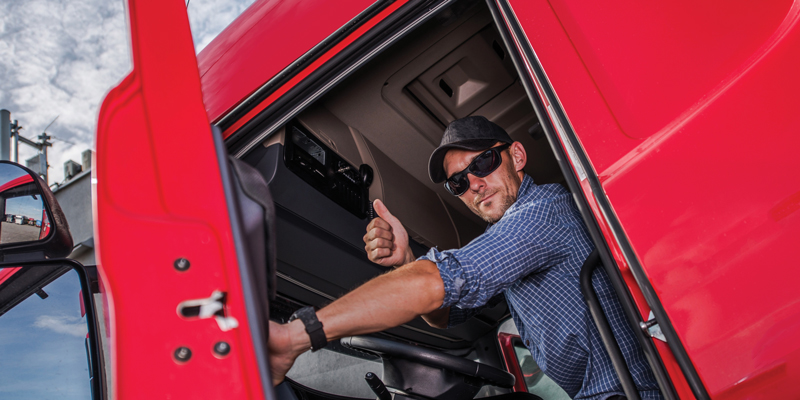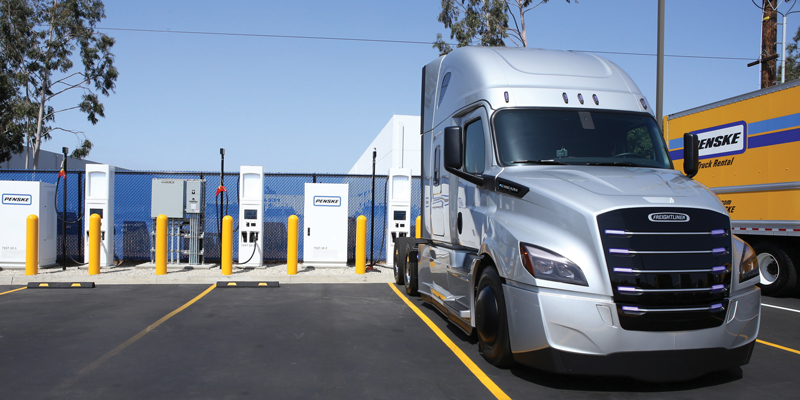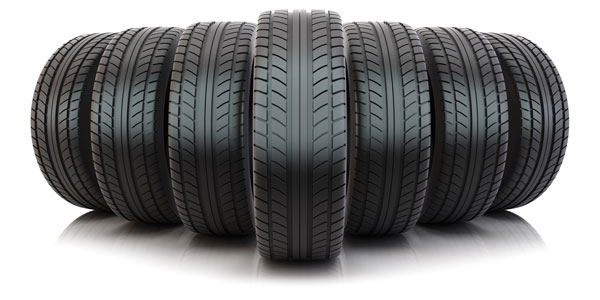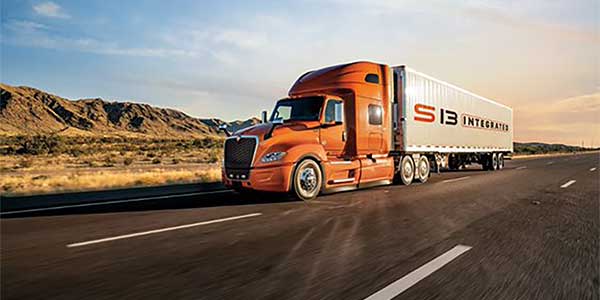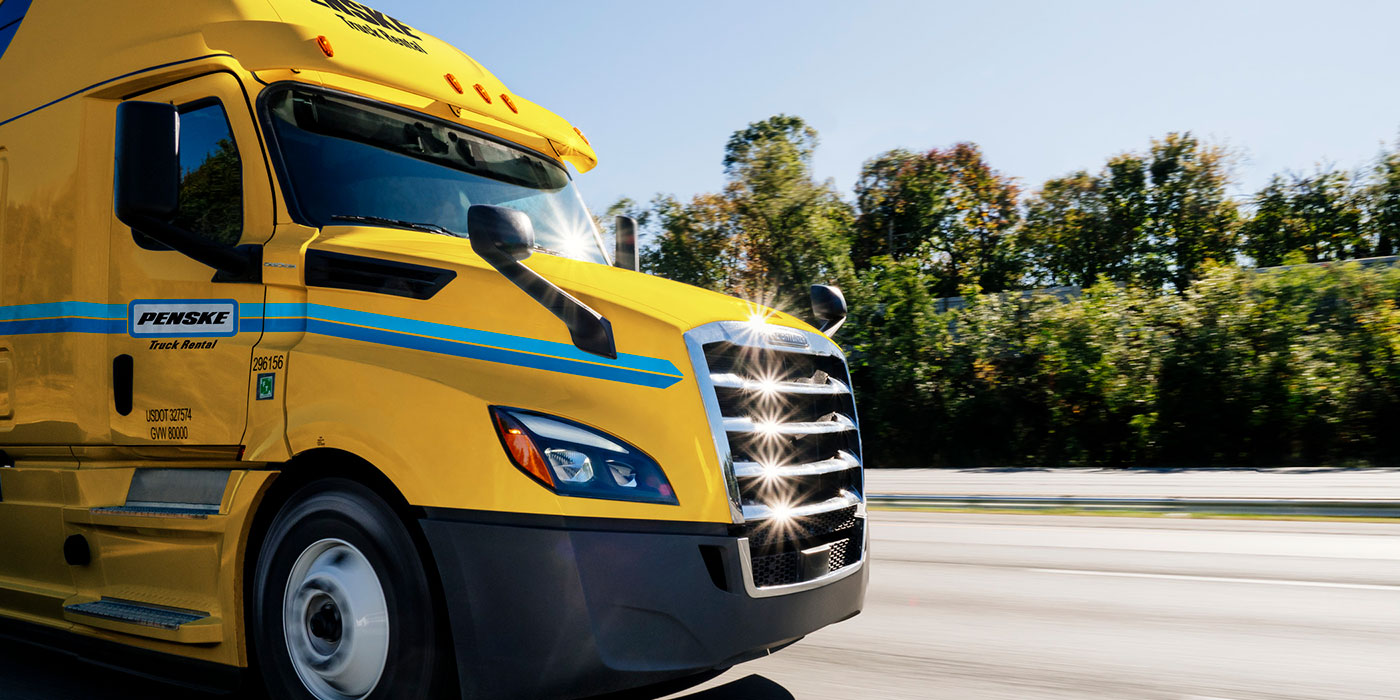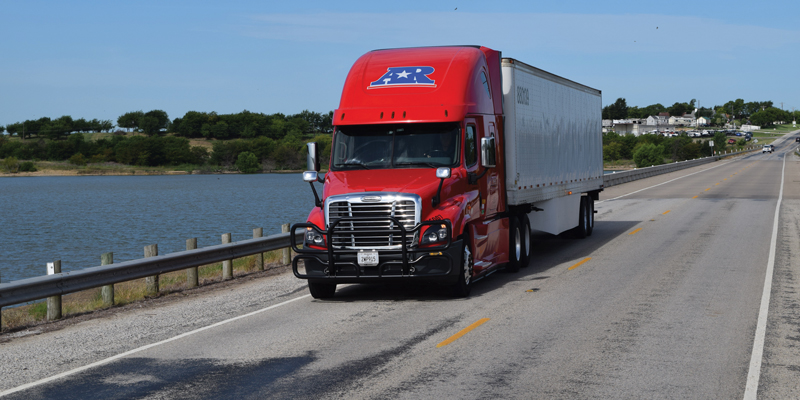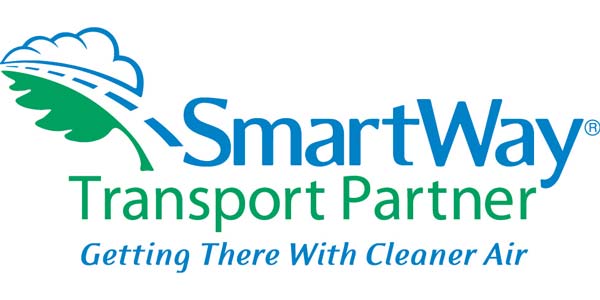Cascade Sierra Solutions (CSS) is a non-profit organization that works with both public and private partners. It is also a three-year Affiliate Member of the SmartWay Partnership but is somewhat different than most other non-profit SmartWay affiliates, which are “Trade and professional associations; membership; nongovernmental organizations; academic institutions and governmental agencies who educate their constituents about the SmartWay program.”
Sharon Banks, its current CEO, founded CSS in 2006 to bring together clean diesel technologies, low-cost financing and government grants to enable the trucking industry to save fuel and reduce emissions. The organization, based in Coburg, Ore., currently operates primarily along the I-5 corridor in the states of California, Oregon and Washington, but has clients from every state except Hawaii. Its mission is to identify, promote and finance technology to save fuel and reduce pollution from the legacy fleet of trucks—one of the most important goals of the SmartWay Partnership.
To help fulfill this mission, CSS opened a new Green Truck Center in Seattle late last year that will focus on upgrading trucks operating in the Puget Sound Region, including emissions-prone drayage trucks servicing the ports of Seattle, Tacoma and others in the area. CSS operates three similar centers in Sacramento, Calif., Coburg, Ore. and Portland, Ore. Each features clean diesel technology showrooms where information on fuel saving products and financing opportunities is available.
CSS provides not only a wide range of well known products, but also the financial resources for all areas determined by the SmartWay Partnership to offer significant fuel savings, reduce operating costs and help clean the air—aerodynamics, alternate fuels, automatic tire inflations, auxiliary power units, diesel particulate filters, heaters/evaporative coolers, air conditioners, oil purification systems, shore power systems and appliances, tire pressure monitors, tires and wheels and trailers.
To help truckers afford these solutions, CSS has put together a number of loan and grant programs (many of the latter are state specific) and information about tax incentives. For example, Small Business Administration Express Loans from $5,000 to $50,000 are available for equipment upgrades or working capital to truck owners nationwide, and Patriot Loans are available to Veterans for up to $500,000. Loan qualifications can be completed in minutes at CSS Outreach Centers. And its Everybody Wins Lease Program-USA provides truckers financing for SmartWay equipment upgrades. CSS offers up to three-year leases without regard to state registration of the vehicle.
CSS outreach centers provide a non-regulatory, non-profit environment where owner-operators or large fleets can visit a one-stop shop for accurate information on laws affecting their businesses, technology available to meet their needs and low-interest financing to make that technology affordable. Because of its non-profit status and the bulk discounts it can negotiate, CSS can offer SmartWay upgrades and financing at significantly affordable rates.
The organization’s goal is to retrofit or replace 30,000 heavy-duty trucks by 2013 and save a billion gallons of diesel fuel over the average 10-year remaining life of those trucks. A truck retrofitted with a complete kit of the available SmartWay technology can save up to 25% of the fuel it originally consumed, about 5,000 gal./year for a long-haul truck traveling 120,000 miles/year. By saving a billion gallons of fuel, those 30,000 trucks will also save 110 million metric tons of CO2, 110,000 metric tons of NOx and 5,000 metric tons of particulate material. [CSS is the only SmartWay Affiliate to receive the EPA’s Environmental Excellence award for each of the four years it has been awarded. The organization has also received an environmental award from the EPA’s Pacific Southwest region.]
The company has expressed hopes of expanding into the Midwest and beyond. I certainly hope that the organization succeeds in doing so— the sooner, the better. If it chooses to remain along the west coast, I think it would be wonderful if its concept could be cloned, so that many more trucking operations could have the opportunity to have the kind of help CSS offers on a local level.



